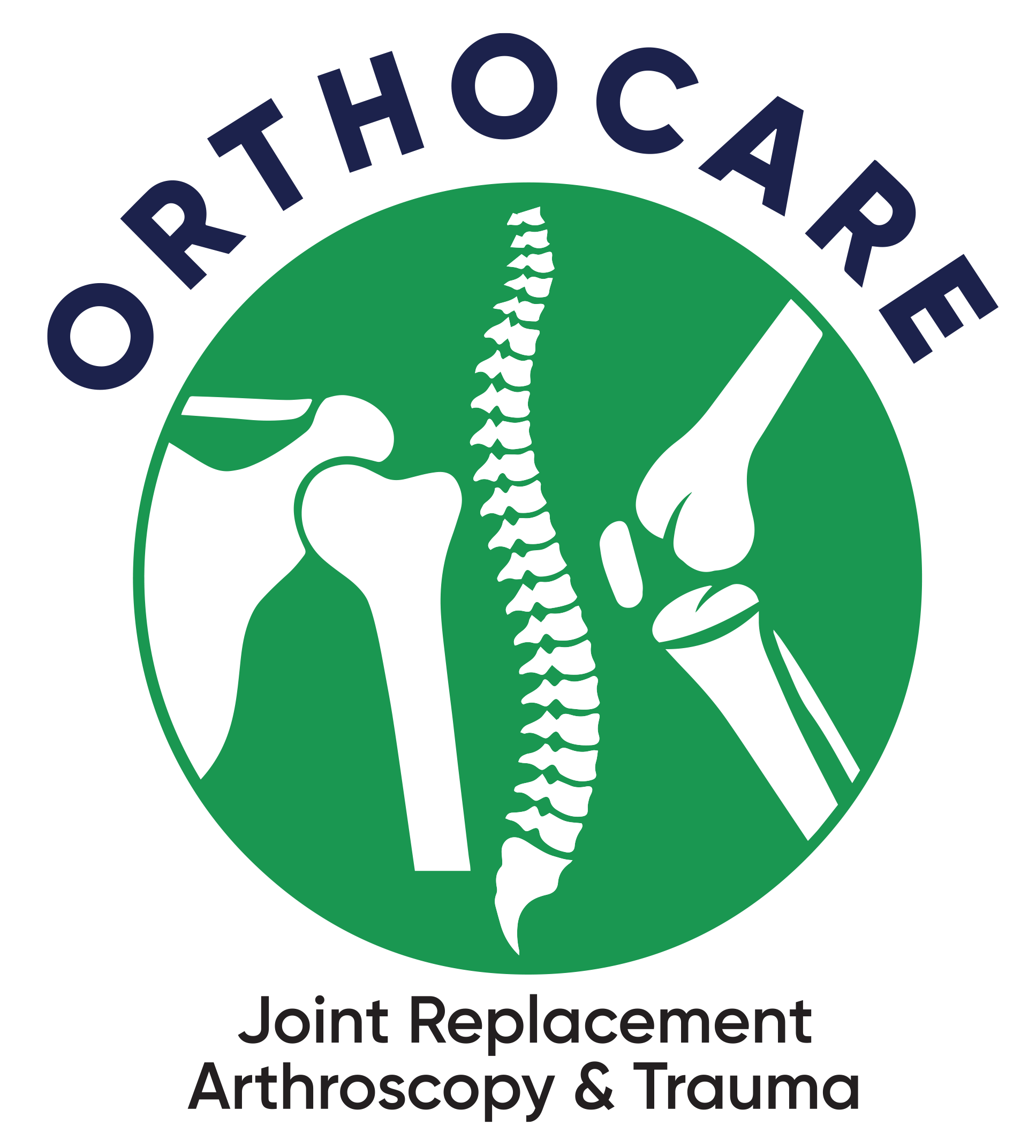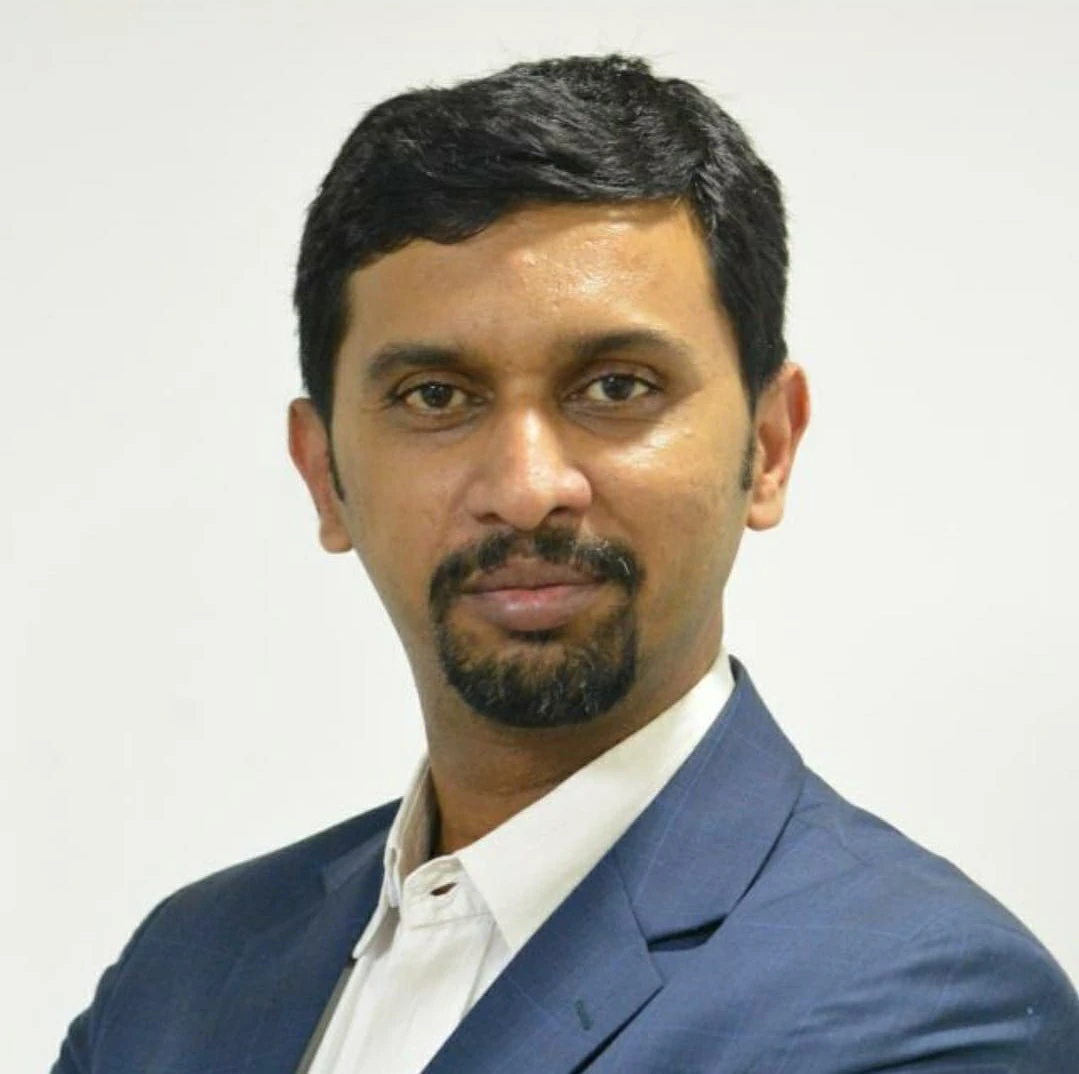Shoulder arthroscopy stands as an important technique in modern orthopedic surgery, offering precise diagnosis and treatment for various shoulder conditions. Understanding the intricacies of this procedure and the subsequent recovery process is vital for patients considering or undergoing it.
In Bangalore, renowned orthopedic surgeon Dr. Chethan Nagaraj specializes in shoulder arthroscopy surgery, providing expert care and guidance throughout the treatment journey.

What is Shoulder Arthroscopy?
Shoulder arthroscopy is a minimally invasive surgical procedure that enables orthopedic surgeons to visualize, diagnose, and treat a wide range of shoulder joint problems.
Unlike traditional open surgery, which involves large incisions, shoulder arthroscopy utilizes small incisions, and a tiny camera called an arthroscope.
This approach offers several advantages, including reduced trauma to surrounding tissues, faster healing times, and lower risk of complications.
The Shoulder Arthroscopy Procedure
Pre-operative Preparations: Before undergoing shoulder arthroscopy, patients undergo a comprehensive evaluation, including a review of medical history and diagnostic imaging such as MRI or X-rays. Dr. Chethan Nagaraj discusses surgical goals and expectations with patients to ensure clear communication and understanding.
Anaesthesia Options: During the procedure, patients may receive general anaesthesia or regional anaesthesia, depending on their specific needs and preferences.
Steps of the Procedure: The shoulder arthroscopy surgery involves several key steps, including anaesthesia administration, creation of small incisions (portals), insertion of the arthroscope for visualization, surgical repair or treatment of the shoulder joint, and closure of incisions with sutures or adhesive strips.
Conditions Treated with Shoulder Arthroscopy:
This versatile procedure effectively addresses various shoulder problems, including:
1.Rotator cuff tears: A common injury in athletes and older adults, often causing pain and weakness.
2.Labral tears: Damage to the cartilage rim lining the shoulder socket, leading to dislocations, instability and pain.
3.Biceps tendonitis: Inflammation of the tendon connecting the biceps muscle to the shoulder joint, causing pain.
4.Frozen shoulder: Stiffness and pain restricting shoulder movement due to inflammation and scar tissue.
5.Shoulder impingement: Painful pinching of the tendons between the bones when raising the arm.
6.Arthritis: Wear-and-tear of the cartilage in the shoulder joint, causing pain and stiffness.
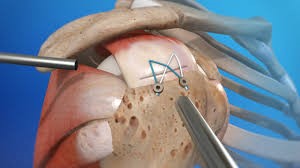
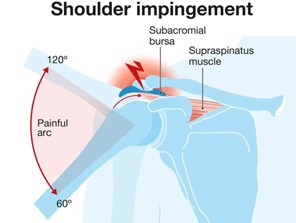
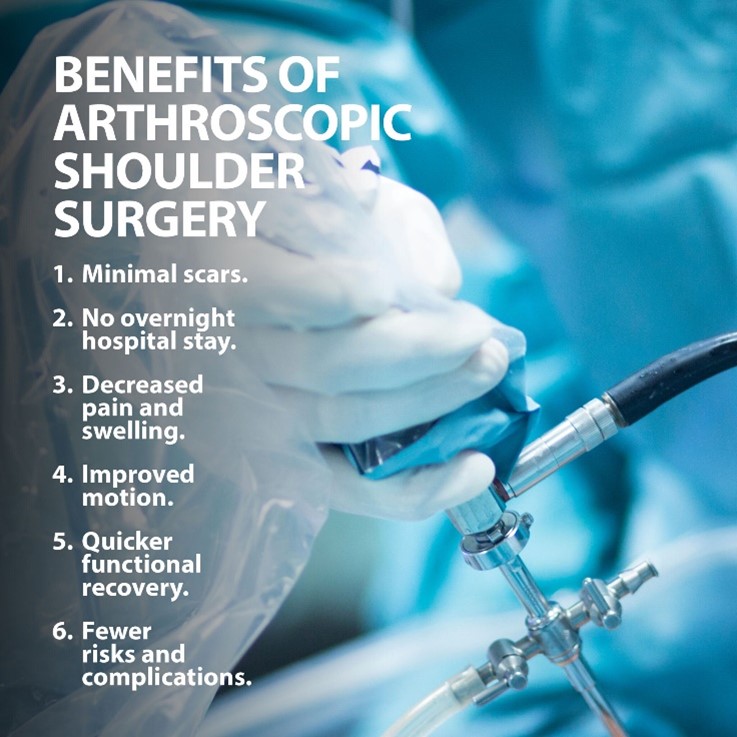
Recovery Time for Shoulder Arthroscopy
- Immediate Post-operative Care: Following surgery, patients are monitored in the recovery room and receive pain management medications as needed. They may also wear a sling to immobilize the arm and support the shoulder.
- Early Recovery Phase: In the first week after surgery, patients follow home care instructions provided by Dr. Chethan Nagaraj. Physical therapy may begin to restore range of motion and strength gradually.
- Intermediate Recovery Phase: Weeks 2-6 focus on continued rehabilitation and increasing activity levels under the guidance of a physical therapist. Patients attend regular follow-up appointments to monitor progress and address any concerns.
- Long-term Recovery Phase: Beyond the initial recovery period, patients gradually return to normal activities and achieve full recovery milestones. Dr. Chethan Nagaraj ensures ongoing support and evaluates patients’ long-term outcomes.
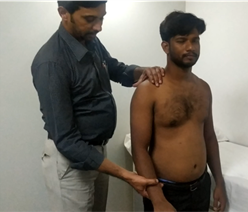
Tips for a smooth recovery:
- Adhere to pain management as prescribed by Dr. Chethan Nagaraj.
- Diligently attend and participate in your physical therapy sessions.
- Avoid strenuous activities that could strain your shoulder until cleared by Dr. Chethan Nagaraj.
- Maintain a healthy diet and stay hydrated to support healing.
Shoulder Arthroscopy Surgery in Bangalore
Shoulder arthroscopy surgery is readily available in Bangalore, with specialized orthopedic surgeons like Dr. Chethan Nagaraj offering expert care. Dr. Nagaraj extensive experience and advanced training in shoulder arthroscopy make him a trusted choice for patients seeking optimal outcomes.
Testimonials from satisfied patients highlight his dedication to providing compassionate and personalized treatment.
Conclusion:
Shoulder arthroscopy is a valuable tool in treating shoulder joint disorders, offering patients a minimally invasive option for diagnosis and treatment. Understanding the procedure and recovery process empowers patients to make informed decisions and actively participate in their care.
With Dr. Chethan Nagaraj’s expertise in shoulder arthroscopy surgery in Bangalore, patients can trust in receiving high-quality orthopedic care tailored to their individual needs.
Frequently Asked Questions (FAQs):
Q: What are the risks and complications of Shoulder Arthroscopy?
As with any surgery, certain risks exist, which Dr. Nagaraj will discuss in detail during your consultation.
Q: What are the success rates of Shoulder Arthroscopy?
Success rates vary depending on the condition treated and individual factors. Dr. Nagaraj has consistently delivered a high success rate with excellent patient outcomes over the past decade.
Q: When can I return to normal activities?
Your return to normal activities depends on the procedure and your progress. Dr. Nagaraj will provide a personalized timeline based on your recovery.
